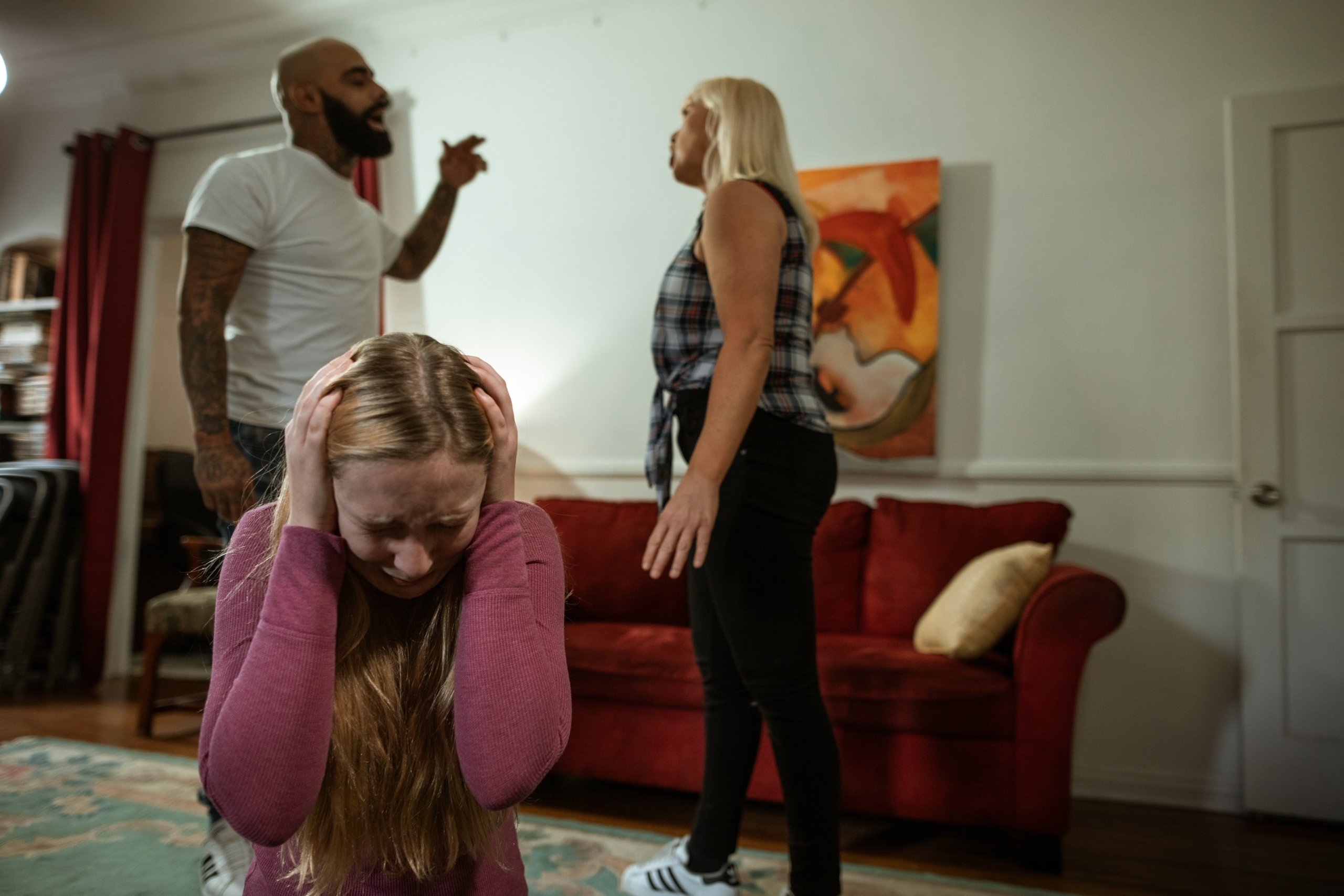Although a relatively small portion of the population (approximately 5%) are clinically diagnosed with a narcissistic personality disorder, cases of manipulative and destructive behavior have become more publicly recognized in the past few years. Michelle D. Roberts explains that narcissistic abuse differs from other forms of abuse in such a way that it is characterized by a pattern of manipulative behavior and intentional deception aimed at exploiting the victim. Gaslighting is also typical in narcissistic abuse making the victim question their self-worth and whether or not they deserve abusive behavior. However, it’s important to realize that there’s always a way forward from this type of abuse.
In this list, we discuss 5 books that can help narcissistic abuse victims get back on their feet.
Shame Unmasked: Disarming the Hidden Driver Behind Our Destructive Decisions
Shame Unmasked discusses what it calls the “hidden driver” behind destructive decisions – deep-seated feelings of shame. A self-identified reforming narcissist, Rick Patterson discusses how shame drives and fuels narcissism, racism, and the like. He speaks of how shame, especially when unaddressed, takes full control of our lives. Dr. Patterson also discusses in a previous piece the traits that narcissists look for in a partner, including neediness and vulnerability.
Although originally written to guide narcissists in realizing and acting upon their disorder, this book will also be helpful for victims to understand that the problem does not lie with them. Reassigning accountability for the experience will help the victim move forward.
Writing Into the Wound: Understanding Trauma, Truth, and Language
Writing Into the Wound delves into the necessity of facing trauma head-on by picking up the bits and pieces to make oneself whole again after a bout of extreme suffering. In the book, Roxane Gay masterfully tells us, “To change the world, we need to face what has become of it.” She stresses the importance of understanding the extent of trauma to open up ways to move on and move forward to better versions of ourselves.
Gay’s exploration of trauma is not meant for victims to punish themselves and wallow in misery, but to come out stronger and better through discovering extremely important life lessons and collective healing.
Adult Children of Emotionally Immature Parents
Narcissistic abuse can also occur between parents and children. Adult Children of Emotionally Immature Parents explores the different dimensions of parent-children relationships, which can range from abandonment to outright violent abuse. Lindsay Gibson illustrates how children of emotionally immature parents grow up to be unsure of themselves (and their happiness) and are unable to independently navigate the world in front of them.
Unearthing one’s history of abuse may help them fully understand and place into context why they decide to put up with the situation, even for a prolonged time. Going through that process may unlock key links in breaking vicious cycles of abuse.
It Didn’t Start With You
Mark Wolynn’s book on deeply-ingrained emotional problems speaks in the same vein as Adult Children of Emotionally Immature Parents in discussing intergenerational family trauma. However, It Didn’t Start With You leans more on how family trauma is passed on from one generation to another, creating a cycle of anxiety, depression and other problems in familial relationships. Complementary to the traditional drugs, psychosocial therapy and other interventions, Wollyn delves deeper into family history to understand how heavy baggage is inherited from our ancestors, what to take away from it, and what to let go of.
Safe People: How to Find Relationships that are Good for You and Avoid Those That Aren’t
Safe People takes that extra step in guiding you through your healing process. It covers more than just avoiding “unsafe people” and gives you an idea of what to look for in “safe people”. These are the kind that you want to surround yourself with especially when you are recovering from an extended period of abuse and trauma.
Henry Cloud and John Townsend speak of the important role of positive relationships for victims to regain trust and confidence in themselves and the people around them.
People who have had to stay in abusive relationships, be it platonic or romantic, with narcissists often take some time to heal. This healing process warrants a multitude of approaches and methods. A helpful first step might be recognition that abuse was committed, and nobody deserves that kind of abuse.






